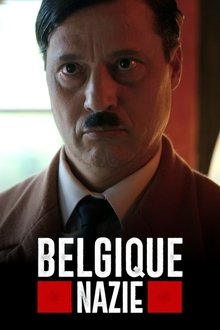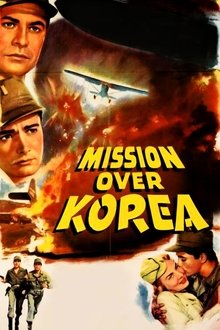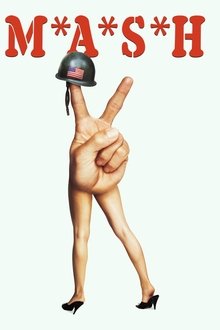On April 24, 1951, following a rout of the South Korean army, the Chinese People Volunteer Army pursued their enemy to the lines of Australian and Canadian troops still digging fall-back defences, 39 kilometres to the rear. Here, sometimes at the length of a bayonet, often in total darkness, individual was pitted against individual in a struggle between a superpower and a cluster of other nations from across the world. They fought for a valley, the ancient and traditional invasion route to Seoul. If it fell the southern capital and the war, was lost. The United Nations troops had the military advantage of the high ground and artillery support: the Chinese relied entirely on vastly superior numbers. As a result, young men from both sides found a battle which was very close and very personal. The Battle of Kapyong became the turning point of China's Fifth Offensive in that Korea spring... Written by John Lewis
Related Movies
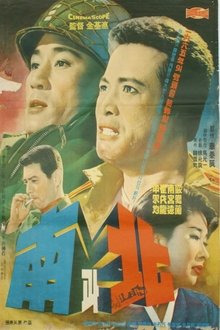
North and South (1965)
Based on a radio drama, this wartime melodrama revolves around a woman caught between two men: her husband, a South Korean lieutenant, and her former lover, a North Korean officer who defects to come find her. The film portrays not only their tragic love triangle but also the empathetic bond that develops between the two men.
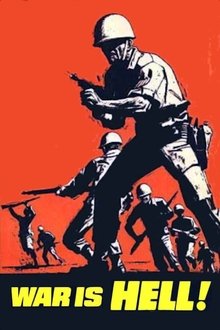
War Is Hell (1961)
During the Korean War, a glory-hunting sergeant leads his platoon on a mission against the enemy--not telling them that a cease-fire has just been declared--so that he can win medals. Trouble arises when some members of platoon begin to suspect that something is fishy.
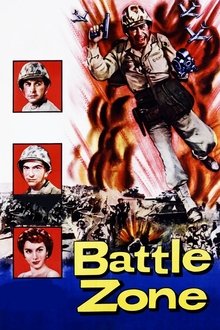
Battle Zone (1952)
Two Marine Corps combat photographers compete for the love of a Red Cross nurse during the Korean War. During a secret mission behind the North Korean lines their rivalry reaches a boiling point.
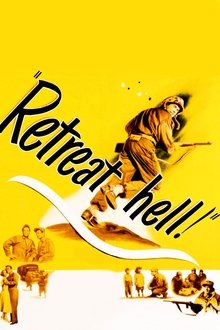
Retreat, Hell! (1952)
During the Korean War, a U.S. Marine battalion must fight its way out of a frozen mountain pass despite diminishing supplies, freezing temperatures and constant attacks by overwhelming numbers of Chinese soldiers.
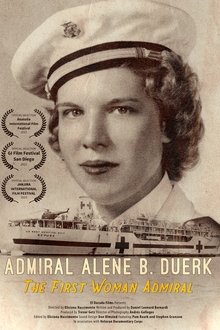
Alene Duerk: First Woman to Make Admiral (2020)
Following the tradition of military service in her family, Alene Duerk enlisted as a Navy nurse in 1943. During her eventful 32 year career, she served in WWII on a hospital ship in the Sea of Japan, and trained others in the Korean War. She became the Director of the Navy Nursing Corps during the Vietnam War before finally attaining the rank of Admiral in the U.S. Navy. Despite having no other women as mentors (or peers), Admiral Duerk always looked for challenging opportunities that women had not previously held. Her consistently high level of performance led to her ultimate rise to become the first woman Admiral.
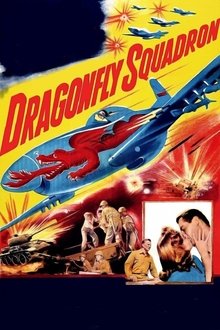
Dragonfly Squadron (1954)
A Korean War film with a secondary plot of the training of South Korean pilots, to fly fighters in air defense, by American Air Force instructors,led by Major Brady, a famed and skilled-but-grounded pilot, assigned to the Kongku base.
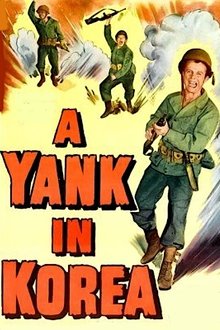
A Yank in Korea (1951)
A tough sergeant has to teach a hotshot young soldier how to be a team player.
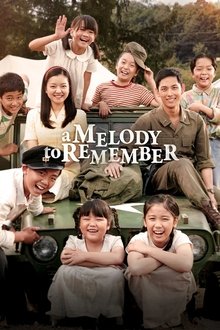
A Melody to Remember (2016)
Second Lieutenant Han Sang-yeol leads his platoon during the Korean War in the early 1950s. He carries emotional scars and pain within. So when he meets some children from a choir, who have lost everything in the war, Sang-yeol is deeply moved and tries to protect to them.

Cleopatra: Portrait of a Killer (2009)
Cleopatra - the most famous woman in history. We know her as a great queen, a beautiful lover and a political schemer. For 2,000 years almost all evidence of her has disappeared - until now. In one of the world's most exciting finds, archaeologists believe they have discovered the skeleton of her sister, murdered by Cleopatra and Mark Antony. From Egypt to Turkey, Neil Oliver investigates the story of a ruthless queen who would kill her own siblings for power. This is the portrait of a killer.
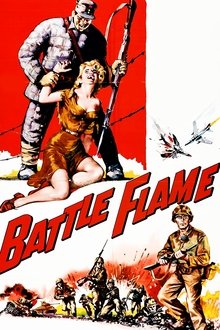
Battle Flame (1959)
The trials and tribulations of a platoon of U.S. Marines, led by 1st Lt. Frank Davis, during the Korean War.

Der Reichstag (2017)
Docudrama telling the story of a building with a breath taking career that began in the empire, flourished in the Weimar Republic, perished in the Nazi dictatorship, and was rebuilt after its partial destruction.
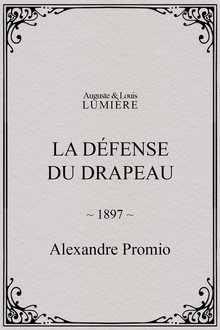
La défense du drapeau (1897)
As the only survivor of a battle, a cavalryman heroically defends his flag.
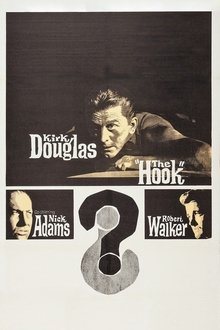
The Hook (1963)
Three soldiers in Korea go through inner torment when they're ordered to execute an enemy soldier.
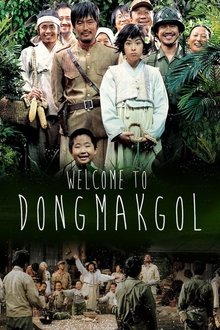
Welcome to Dongmakgol (2005)
Based on the long running play by Jang Jin, the story is set in Korea during the Korean War in 1950. Soldiers from both the North and South, as well as an American pilot, find themselves in a secluded and naively idealistic village, its residents unaware of the outside world, including the war.
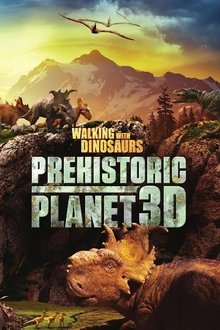
Walking with Dinosaurs: Prehistoric Planet 3D (2014)
In this journey through the seasons, you’ll experience a year in the life of hundreds of plant-eating dinosaurs. From the moment they hatch, these prehistoric giants face natural disasters and ferocious predators while hunting, feeding, playing, and undertaking epic migrations. Based on scientific data, the digital dinosaurs come to life against the backdrop of modern Alaska.
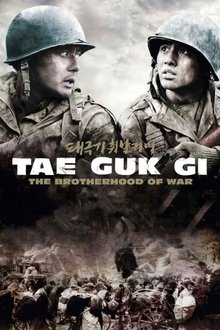
Tae Guk Gi: The Brotherhood of War (2004)
When two brothers are forced to fight in the Korean War, the elder decides to take the riskiest missions if it will help shield the younger from battle.
